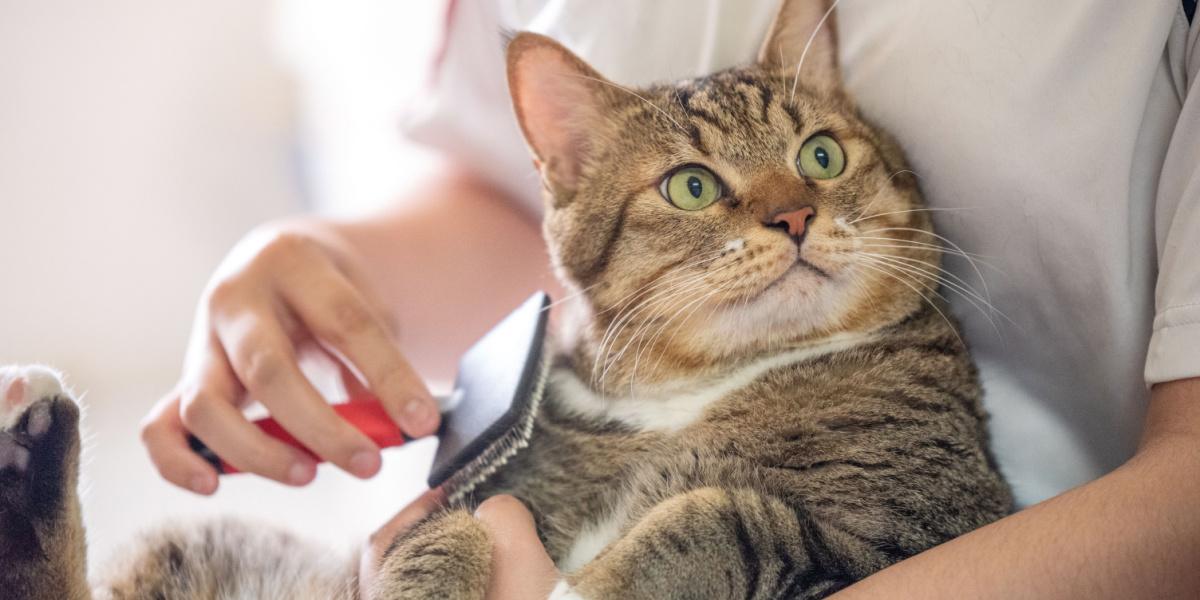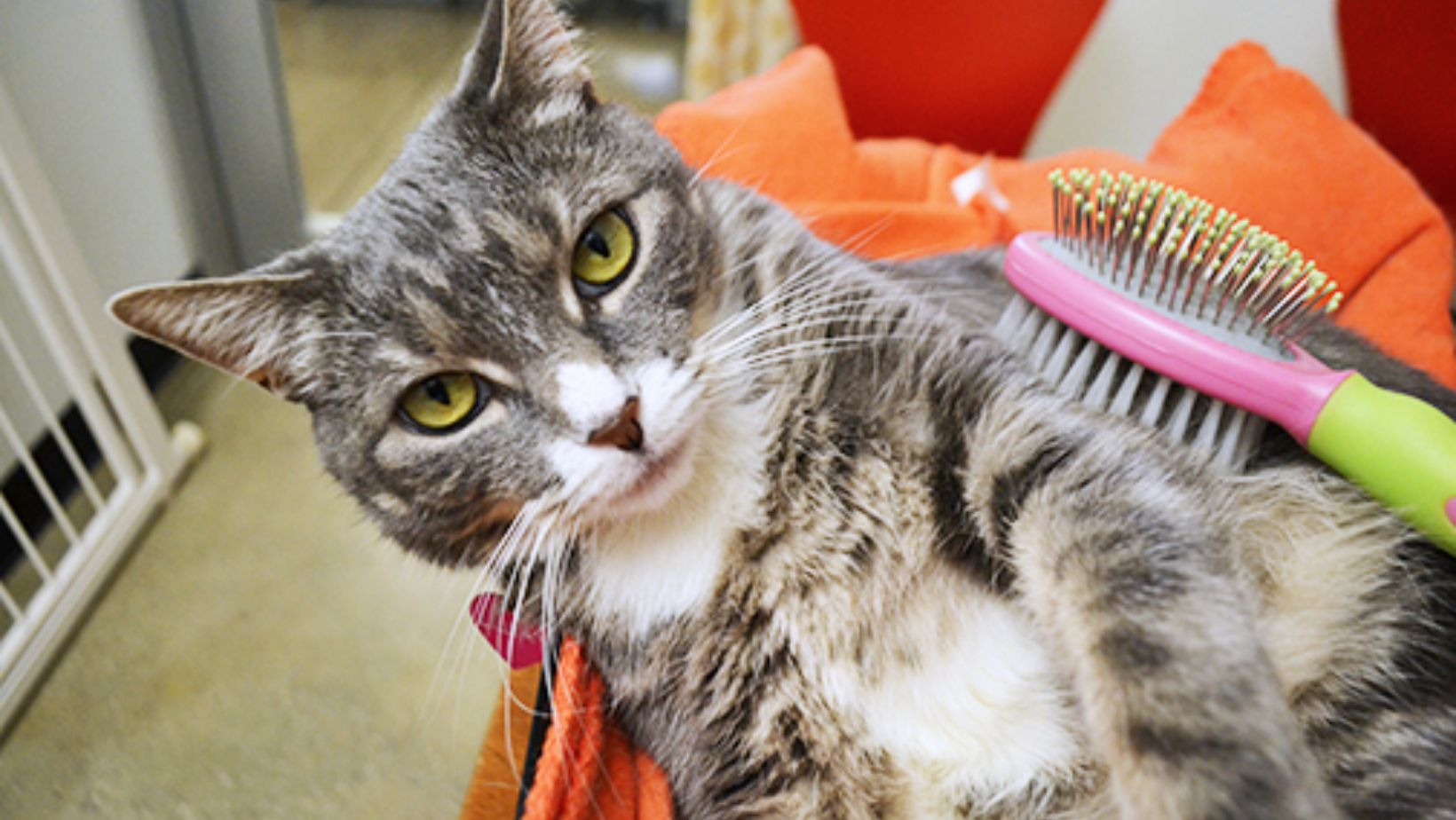Welcoming a rehomed cat into your home can bring joy and warmth to your life. Whether you’ve opened your heart to a cat from a shelter, rescue group, or a previous owner, creating a loving and nurturing atmosphere is crucial for your new feline companion’s happiness and health. Within this detailed guide, we’ll delve into crucial advice and factors to assist you in caring for a rehomed cat and facilitating a seamless adjustment to their new dwelling.
1. Prepare Your Home
Prior to welcoming your rehomed cat into your home, take the time to create a secure and inviting environment. Eliminate potential dangers like poisonous plants, harmful chemicals, or small items that might be swallowed. Arrange a snug and peaceful area equipped with a litter box, food and water bowls, and a cozy bed. Double-check that doors and windows are well-secured to prevent any accidental escapes.
2. Gradual Introduction
Understand that your new cat may be anxious or scared in their new environment. Give them time to adjust by allowing them to explore their space gradually. Start with a small room and gradually expand their territory as they become more comfortable. Patience is key during this phase.
3. Quality Nutrition
Ensure your rehomed cat enjoys a diet tailored to their age and specific dietary requirements by offering them top-quality cat food. Seek advice from your veterinarian to determine the most suitable diet. Remember to provide a continuous supply of fresh water and avoid abrupt dietary alterations, which could disrupt their digestive health.
4. Regular Veterinary Care
Arrange a veterinary appointment shortly after welcoming your newly adopted cat into your home. During this visit, the veterinarian will conduct a comprehensive health assessment, administer vaccinations as necessary, and engage in discussions regarding preventive measures like flea and tick management and spaying/neutering. Consistently maintain routine veterinary check-ups for vaccinations and overall health assessments.
5. Litter Box Training
Most cats instinctively use a litter box, but it’s essential to keep the box clean and placed in a quiet, accessible location. Scoop waste daily, change the litter regularly, and clean the entire box periodically.
6. Socialization and Bonding
Building a strong bond with your rehomed cat requires patience and consistency. Spend quality time together, engage in play, and use positive reinforcement for good behavior. Grooming and gentle petting can also strengthen your connection.

Read more.. Discovering the Best Accessories for Your Beloved Cats Online
7. Provide Mental and Physical Stimulation
Cats need mental and physical stimulation to stay happy and healthy. Offer toys, scratching posts, and interactive play to keep them engaged. Cats often enjoy hunting and pouncing games, so encourage their natural instincts.
8. Regular Exercise
Help your cat maintain a healthy weight and energy level through regular exercise. Play with toys that encourage activity, and consider providing opportunities for climbing and exploring, such as cat trees.
9. Monitor Health and Behavior
Stay vigilant for any changes in your cat’s behavior or health. Signs of illness or distress can include changes in appetite, litter box habits, grooming, or vocalization. If you notice any concerns, consult your veterinarian promptly.
10. Safety First
Ensure that your home is safe for your rehomed cat. Keep harmful substances out of reach, secure windows and balconies, and use caution with open flames like candles. Microchipping and providing a collar with an ID tag can also help ensure your cat’s safety.
11. Be Patient and Understanding
Every cat is unique, and the adjustment period can vary widely. Some cats may adapt quickly, while others may take weeks or even months to feel fully comfortable. Be patient, gentle, and understanding as your new feline friend settles into their new home.

Read more.. Top 10 Animal Health Tips Every Pet Owner Should Know
12. Consider a Companion
Should you possess the time, means, and desire, contemplate the idea of adopting another cat to accompany your rehomed feline. Cats are innately social creatures, and the presence of a fellow cat companion can offer companionship and alleviate feelings of solitude.
13. Seek Professional Advice
If you find yourself with the time, means, and inclination, think about welcoming another cat into your home as a companion for your rehomed feline. Cats are naturally social creatures, and the presence of a fellow feline can offer companionship and alleviate any feelings of loneliness.
In conclusion, taking care of a rehomed cat involves patience, love, and understanding. By providing a safe and nurturing environment, offering quality care, and building a strong bond, you can help your new feline companion thrive and enjoy a happy and healthy life in their forever home.
Read more.. Navigating the Maze: Unveiling the 5 Worst Health Insurance Companies in India




